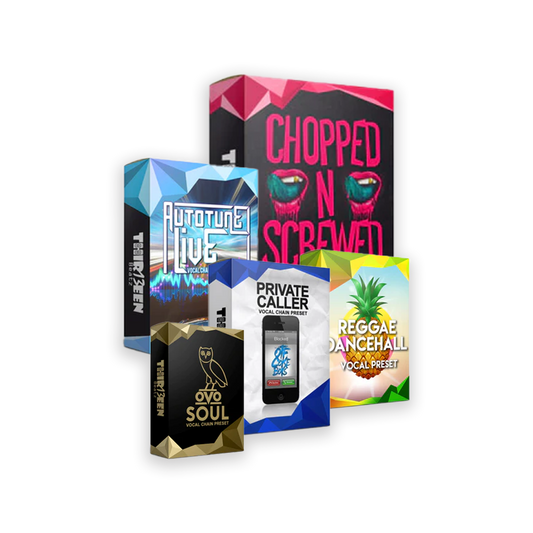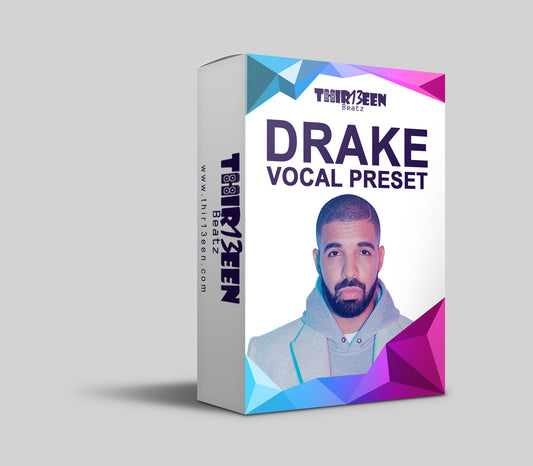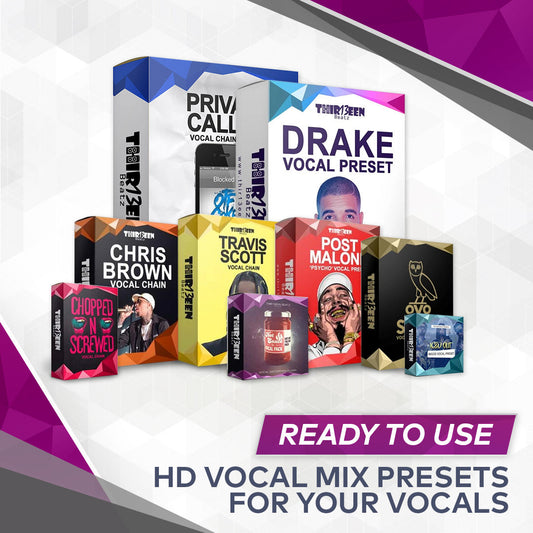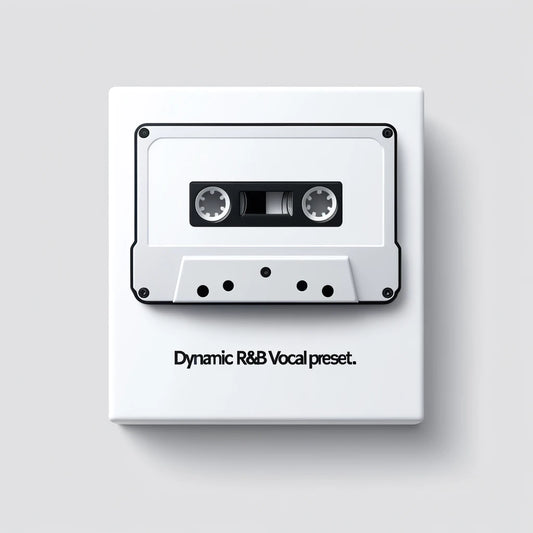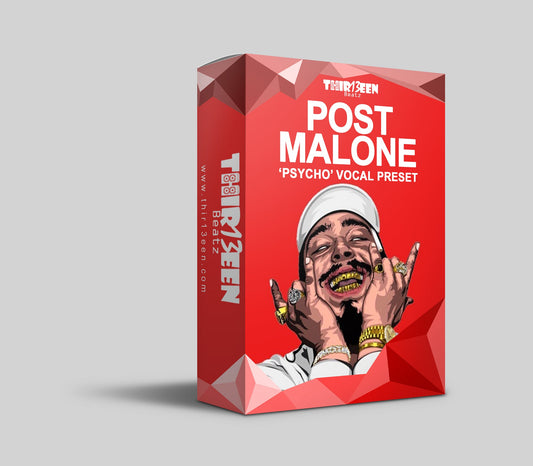Recording vocals professionally is the key to sounding better, building your fan base and crushing your competition.
Here are 7 hacks to record vocals professionally.
7 HACKS TO RECORD VOCALS PROFESSIONALLY
1. USE THE RIGHT MIC
Don't match a bright microphone to a singer with a high register, or a dark mic to someone with a huge low resonance in his voice. Use your ears and find a mic that compliments the singer's voice.
2. MIND THE GAP
To get a consistent take, the singer needs to stay at roughly the same distance from the mic during the entire recording process.
If they move around instead, you’re gonna get varying degrees of proximity effect and different frequency responses.
3. AVOID PLOSIVES AND SILIBIANCE
Popping Ps or Bs and abrasive Ss and Fs can ruin your tracks. Yes, you can fix them in the mix, but you don't want to spend time fixing a totally preventable problem! Just use a good pop-shield and make the artist sing at the appropriate distance from the mic.
4. PREVENT MIC BLEED
If you want to save hours of vocal editing and mixing, avoid mic bleed. Just make sure the mic isn't picking up too much of the backing track that's coming out of the headphones the singer is recording with.
5. DON'T OVERLOAD THE INPUT
Overloading the input stage results in a really unpleasant distortion that will ruin your track. To avoid this, set the lowest gain possible on your preamp: one that lets you clearly hear the singer, but also doesn't distort the signal when recording the high-energy sections.
6. FOCUS THE PERFORMANCE
Pitch and time correction tools can do amazing things, but nothing can fix poor articulation or lack of emotion. If the take doesn’t sound good enough, simply delete it and do another one!
7. TREAT THE SPACE
I get it, you don't have access to a professional studio, but I have good news! You can record perfectly usable vocals in your home studio! Just google “cheap ways to soundproof your room”.
SUMMARY
No matter how good a take is, you’ll find something wrong with it later, so record at least 3 takes.Consider how they feel, when you’re recording vocals you’re not just the producer: you’re the coach, the therapist, and the cheerleader.
Why? Because if you make them feel at ease and confident in the studio, they'll deliver a far better performance and the song will benefit from it.




